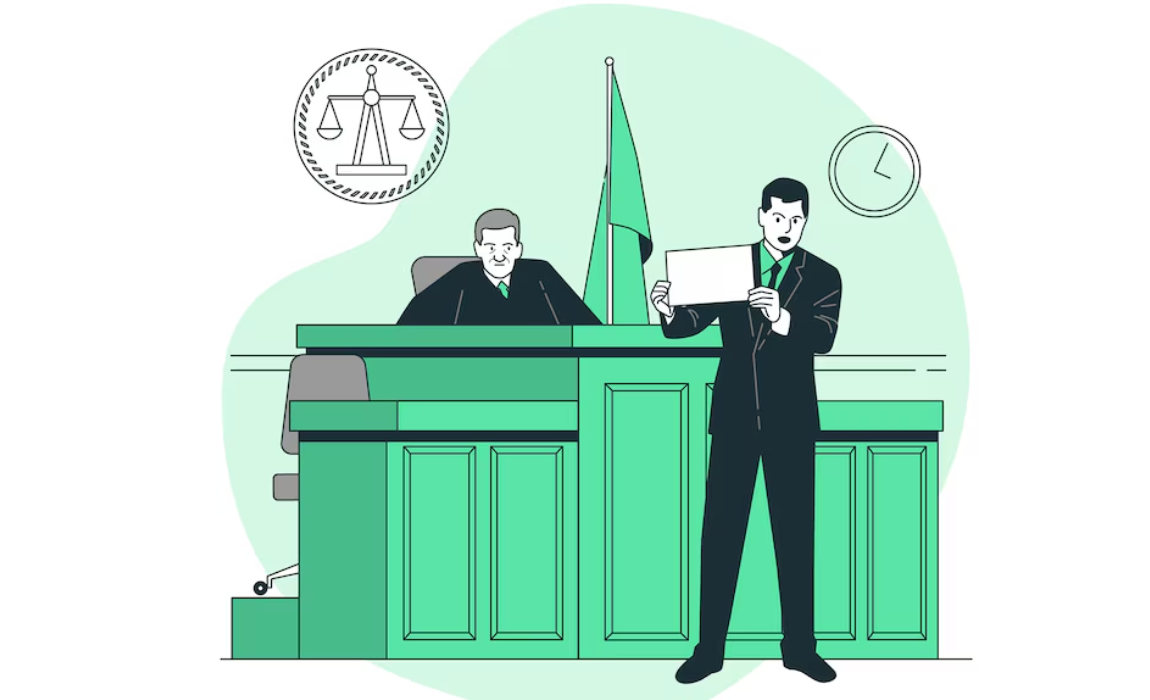Section 243: Trial for more than one offence

Section 243 of the Bharatiya Nagarik Suraksha Sanhita, 2023 deals with the process of prosecuting a person accused of several offenses arising out of the same transaction or a series of acts connected with each other.
In case a person commits more than one offence as part of a series of connected acts forming a single transaction, all such offences can be charged and tried together in one trial. This provision promotes judicial efficiency by avoiding the need for multiple trials where offences are closely related.
Under sub-section (2), if for any of the offences mentioned above, an imputed criminal breach of trust or criminal misappropriation, there is also involved any other offence falling under this chapter, the offender can be tried for all these offences together. This provision further emphasizes the integrated nature of the respective criminal acts where the court takes into account all the aspects in which the offense has been perpetrated by the concerned accused in totality.
According to Subsection (3), the fact that the acts in question fall within different sections of the law does not prohibit the charging and trying of all offenses that can be prosecuted against the accused within one trial. In other words, it allows the trial court to dispose of all charges that pertain to the same incident, preventing the occurrence of fractured trials and the failure to holistically determine the case.
Subsection 4 provides for the provision in which a number of acts, though themselves each a separate offence, together constitute one, distinct offence. In such circumstances, the accused can be charged with all the offenses both for the offense as a whole and any offense committed during the commission of those acts. This allows the court to hear the entirety of the case and then adjudicate all allegations in that one trial.
It aims to reduce the burden on courts by allowing multiple offenses arising from a single transaction to be tried together, thus saving time and judicial resources. It provides an effective way to handle cases involving interconnected criminal activities, enabling the court to address all relevant charges in a comprehensive manner.
